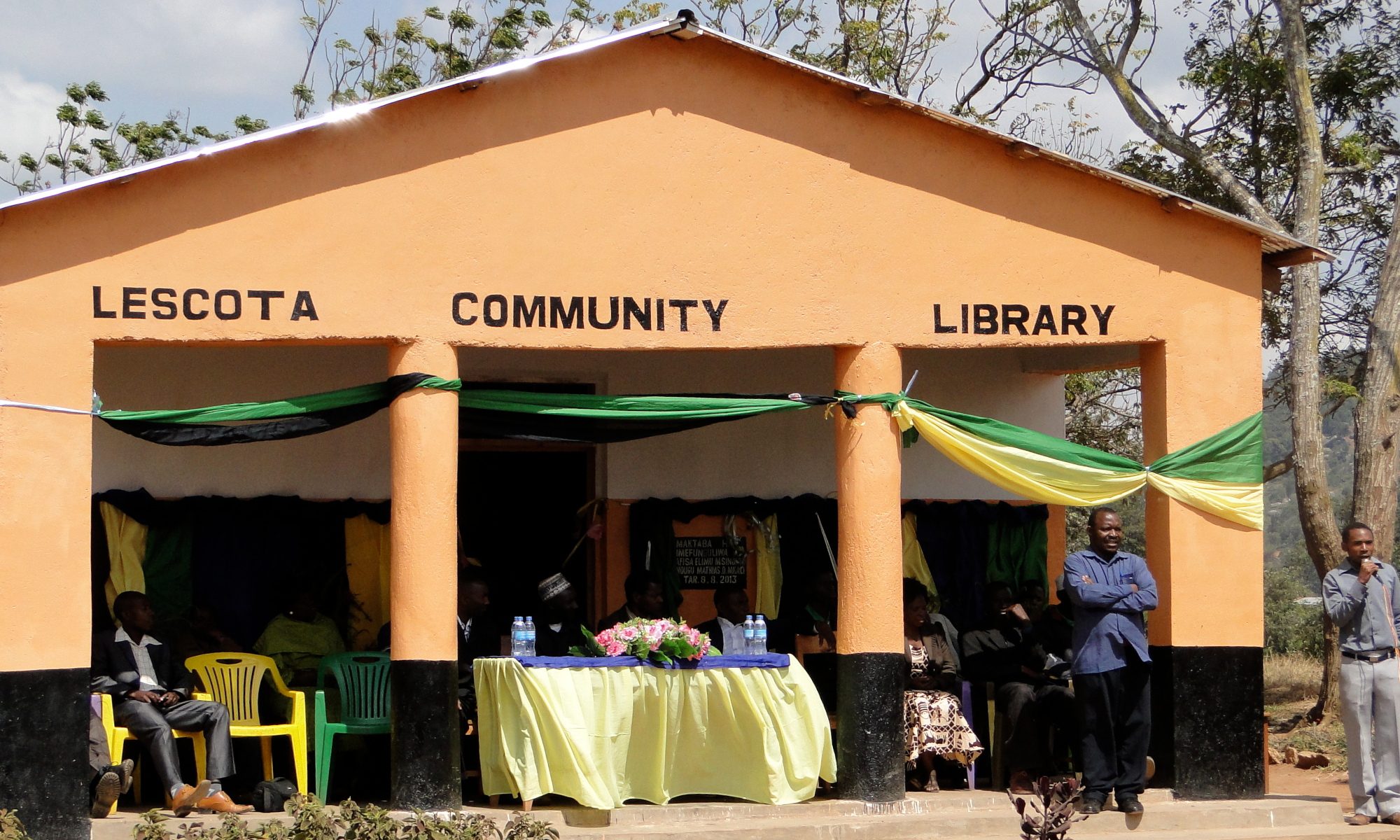Form Four results from 2010 have been posted.
Check them here on our site.
This is the first group of students who got a free pass through their Form II national exams on to Form III. The results are about what would be expected. Whereas previously, the Form II national exams weeded out the less serious students, now they continue on until their Form IV exams and fail there.
In those areas where TETEA works, the need for improved education for the rural youth is shown like never before.
Many rural schools had upwards of 70% of their students failing. Prospects look rather dismal in rural areas, with few rural students making the marks they need to go on to Form V or even Teacher’s Training College. The new ward schools (often just one building with maybe one teacher) made up the worst performing. One such school in Mtwara region had 50 out of 52 students receiving F’s in all of their subjects! Clearly, the expansion of physical school buildings through the Secondary Education Development Program still needs to be complemented with teachers, as well as learning and teaching materials. Nationwide only 50.4% of students taking the exam managed to pass (the pass mark being receiving a D or higher in two subjects out of seven core subjects). For more discussion of the nation-wide results, an article in The Citizen has a pretty good breakdown of the performance.
Another article about the exam results states that the percentage of students passing dropped an astounding 22% since 2009

